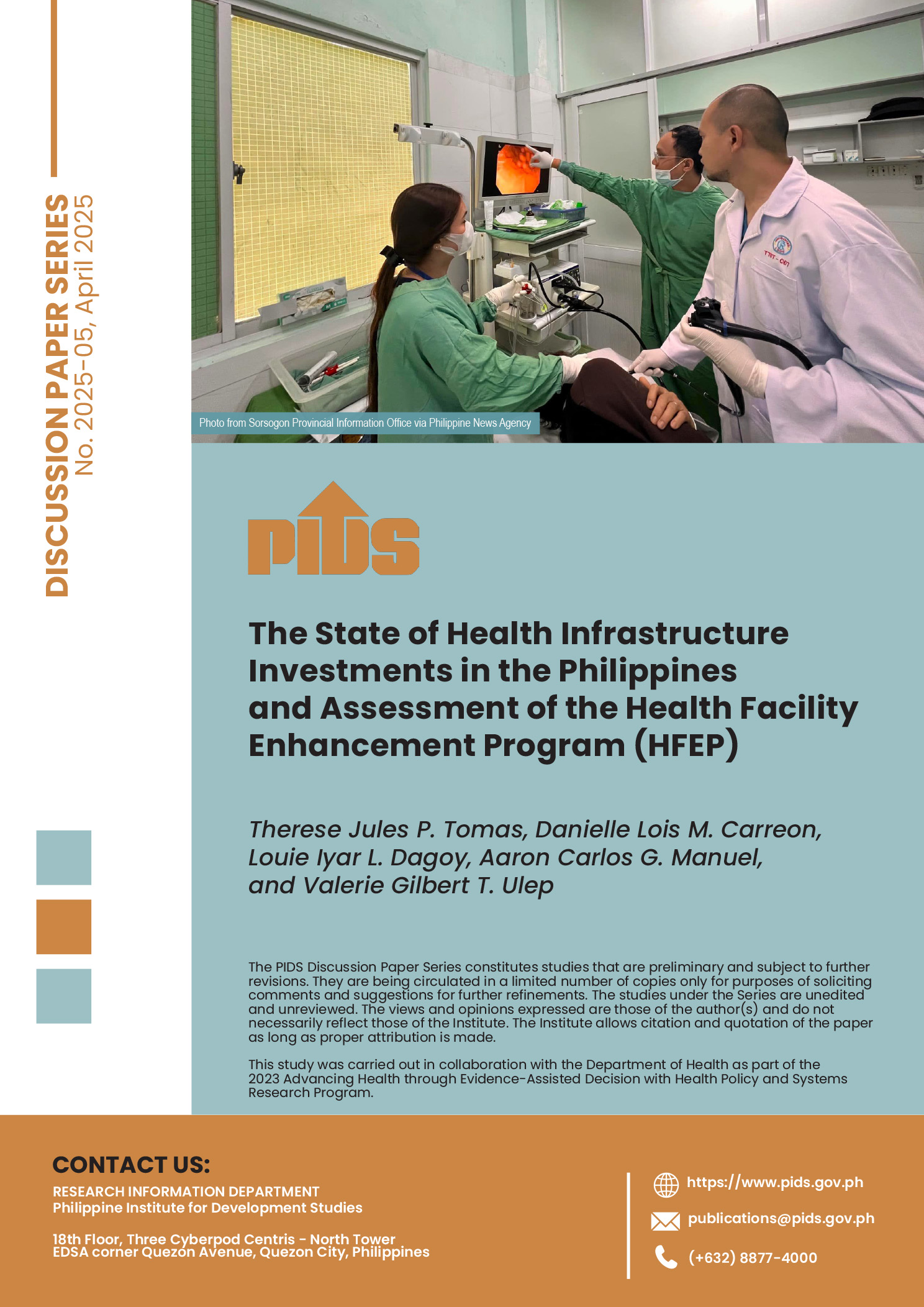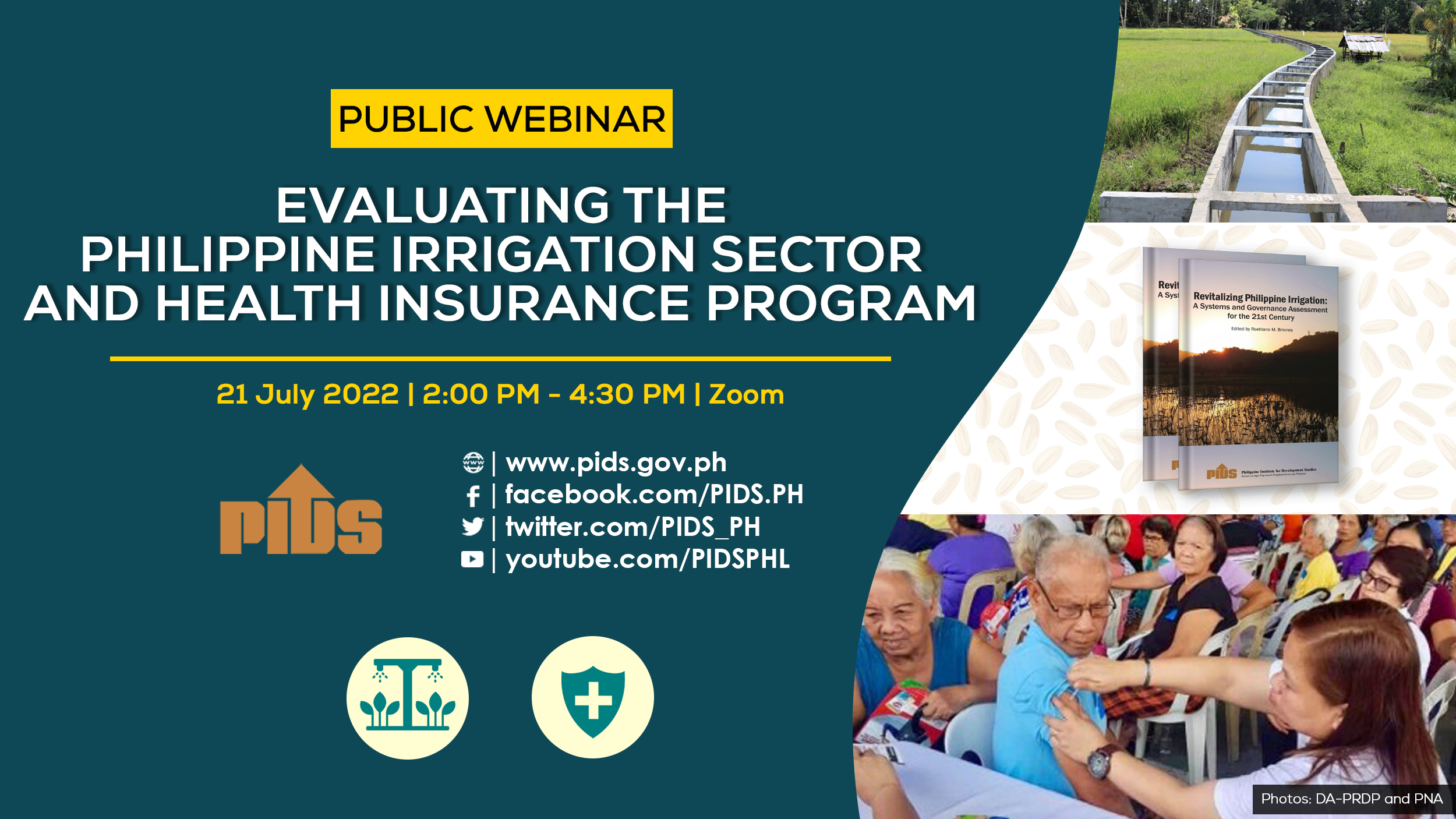
The Philippines is moving forward with Universal Health Care (UHC) through its recent participation in an international initiative to improve health financing capabilities across Asia.
Representatives from the Philippine Institute for Development Studies’ Health Economics and Finance Program (PIDS-HEFP) and PhilHealth recently joined their international counterparts across Asia at the World Bank-led regional workshop on Diagnosis-Related Groups (DRGs) and healthcare provider payment reforms.
DRGs are a patient classification method that groups patients with similar clinical conditions and expected treatment needs into categories with predetermined payment rates. This new provider compensation offers a more predictable, transparent, and potentially more efficient framework for financing inpatient care. DRG implementation in various countries has consistently led to measurable benefits, notably a significant reduction in average length of hospital stays. Additionally, DRGs have been shown to improve hospital accommodation and overall efficiency.
Mongolia, for example, was able to establish its Health Insurance General Agency as the main purchaser wherein DRG payments comprise 70% of its Health Insurance Fund. Its provider income doubled from 2020 to 2024, which was accompanied by increased utilization, improvement of service quality, and enhanced financial protection. For Filipino patients and providers, DRGs represent one of several reforms intended to make health services more predictable, equitable, and aligned with quality standards. By encouraging hospitals to manage resources efficiently while maintaining care standards, DRGs help support the long-term goals of UHC: improving access, managing costs, and reducing financial hardship related to illness.
Still in the early stages of DRG implementation as part of its UHC reform agenda, the Philippines’ participation in the workshop provided invaluable practical insights and examples from other countries like Thailand, Indonesia, and Australia already applying or developing their own DRG-based systems. Presentations and discussions covered topics such as data systems, claims review, regional cost adjustments, and stakeholder coordination—areas that remain challenging for many health systems worldwide.
The Philippine delegation also contributed updates on ongoing initiatives, including costing studies, early engagement with hospitals, and preparations for pilot testing. Informal consultations with the international complement of experts and delegates helped validate current approaches and opened opportunities for continued technical exchange. A follow-up study visit to Thailand is planned for August 2025, aimed at further deepening institutional learning for Philippine delegates.
PIDS-HEFP, as a lead technical partner in the Philippines’ nationwide development of provider payment mechanisms, plays a key role in supporting evidence-based health financing reform across the country. Its participation in this international capacity-building activity aligns local implementation with global standards and lessons, while ensuring that reforms remain responsive to the Philippine context. ###
(PIDS-HEFP)












